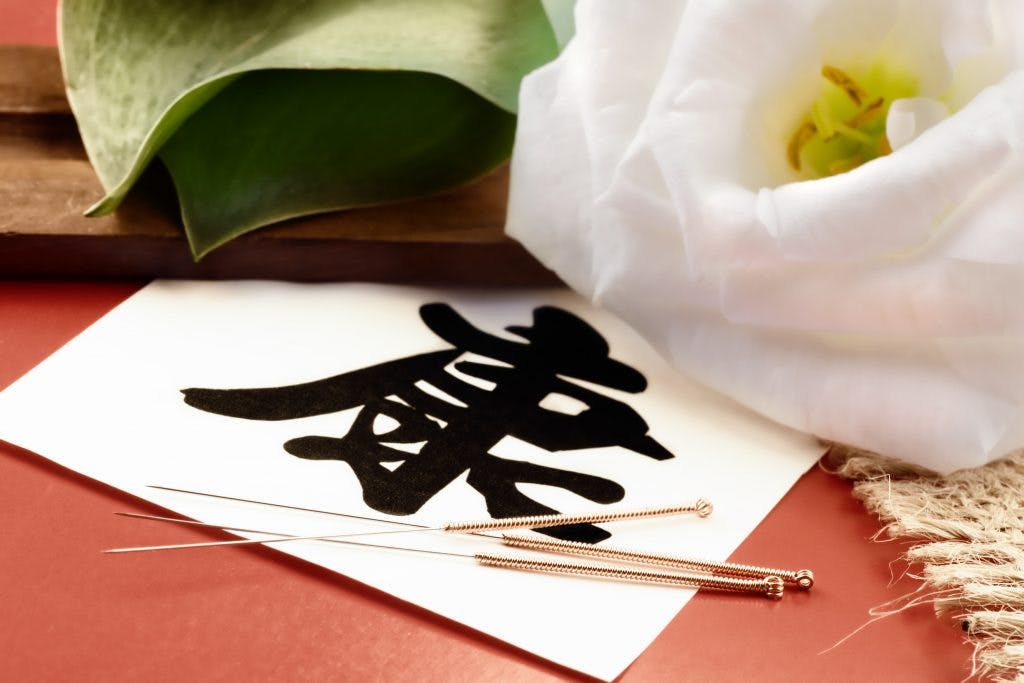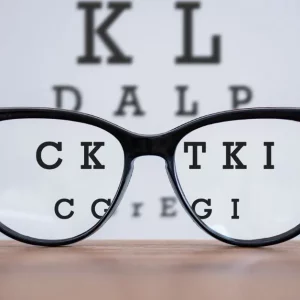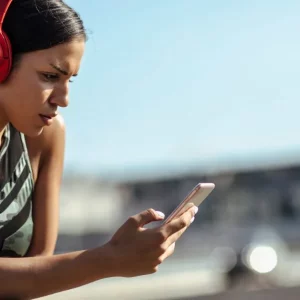Acupuncture is a traditional Chinese practice is primarily used to treat chronic pain. However, it can also relieve the anxiety, depression, and insomnia that often affect patients after a traumatic brain injury (TBI). This makes acupuncture a possibly beneficial practice for brain injury survivors.
This article will explain how acupuncture for brain injury recovery works, and how it compares to more conventional treatments. This information can hopefully help you decide whether acupuncture will be worth trying for you.
What Is Acupuncture?
Acupuncture originated in China over 2,000 years ago. It involves placing thin needles into the skin at certain points in the body. These points, called meridians, are thought to trigger the body’s natural healing responses.
According to traditional Chinese medicine, the body has a natural flow of energy called qi. When qi gets congested, a person can become susceptible to pain, anxiety, and disease. By puncturing the body in the correct spots, acupuncture can clear away the congestion and restore the body’s natural balance.
A more modern way of explaining how this works is that acupuncture gently stimulates the nerves and causes an inflammatory response. These responses activate the body’s natural healing process.
The science behind acupuncture remains unclear, although there is some evidence that it causes changes in blood flow and activates the body’s natural painkillers (called endorphins).
Acupuncture mainly treats chronic pain, but it can also help with several other conditions that you may experience, such as numbness and spasticity, after a TBI.
Benefits of Acupuncture for Brain Injury

Acupuncture has a strong appeal because it is relatively inexpensive and comes with fewer side effects compared to conventional treatments for pain relief.
Besides helping with pain management, acupuncture also affects the brain itself.
Here are a few of the most important benefits that acupuncture offers for people after brain injury.
1. Helps Regenerate Brain Cells
Perhaps the most exciting benefit that acupuncture can offer brain injury patients is the ability to regenerate brain cells. One study in 2017 found that acupuncture increased the production of BDNF.
BDNF stands for brain-derived neurotrophic factor, a growth factor that acts as a fertilizer for your brain. BDNF triggers your brain to initiate a process known as neurogenesis.
Neurogenesis is similar to neuroplasticity, except where neuroplasticity refers to the brain’s ability to rewire itself, neurogenesis actually involves the creation of new brain cells.
This has huge implications for patients after TBI, since this would enable them to recover more fully from any brain damage that may have occurred.
2. Increases Cerebral Blood Flow
Studies have also found that acupuncture increases blood flow to the brain, which lets the brain get more of the critical nutrients it needs to heal.
It does this by releasing vasodilators into the bloodstream, which cause your blood vessels to relax and expand.
However, this effect can make acupuncture dangerous if you have a bleeding disorder or take blood thinners. Therefore, it is a good idea to check with your doctor before trying it.
3. Releases Endorphins

As mentioned above, acupuncture triggers the release of endorphins in the brain.
Endorphins are hormones that activate your body’s opiate receptors, which means they act as natural painkillers.
This effect makes acupuncture an alternative treatment for conventional pain management after traumatic brain injury.
4. May Decrease Spasticity
Several studies have shown that acupuncture can help reduce spasticity in patients after stroke and brain injury. The reason acupuncture does this might have something to do with the stimulation acupuncture provides.
By stimulating the muscles, it strengthens their connection to the brain, which causes spasticity to lessen.
It’s not, however, effective on its own. Instead, acupuncture yields the best results for those who combine it with rigorous physical therapy.
Electroacupuncture for Brain Injury Rehabilitation
Electroacupuncture involves adding an electric charge to the needles to enhance their effects. Not only does this intensify the treatment, but it also reduces the time necessary to complete the process.
Similar to electrical stimulation, electroacupuncture excites neurons to improve functional outcomes.
For example, this study demonstrated that electroacupuncture can increase cerebral blood flow and reduce ischemic brain damage after stroke and TBI. This can help encourage a fuller recovery.
It’s also suggested that electroacupuncture may be able to reduce spasticity in stroke and brain injury patients. Studies show that amplified stimulation can help reduce the excitability of motor neurons that cause involuntary muscle contractions.
Understanding Arguments Against Acupuncture for Brain Injury
There is plenty of debate on the effectiveness of acupuncture for brain injury treatment, and this article would be incomplete if we didn’t present both sides.
Some researchers have argued that the benefits of acupuncture can be explained as a placebo effect. For example, when researchers compared a sham acupuncture treatment to an authentic one, the results from both groups were nearly identical. This suggests that acupuncture either has a significant placebo effect or that the placement of the needles does not matter.
However, it is difficult to scientifically test the effectiveness of acupuncture because there are limited ways to create a control environment since patients can tell when they’re being poked by a needle.
In addition, acupuncture effects are sometimes inconsistent, with some people noticing immediate benefits and others not seeing any improvement. This lends more support to the placebo idea.
On the other hand, acupuncture supporters point out that this is true of other, more mainstream medicines. Not everyone finds pain relief from over-the-counter medications, for example.
In conclusion, the scientific evidence for acupuncture is mixed. Some studies suggest that the benefits are real and measurable, while others seem to suggest a placebo effect. This doesn’t mean you can’t or shouldn’t try it, but you should go into it with realistic expectations.
Side Effects of Acupuncture for TBI Recovery

While it might sound scary to get poked with needles, most people agree that acupuncture is a painless experience.
As far as safety goes, acupuncture is safe if you do not have a bleeding disorder. Even doctors who are skeptical of acupuncture’s benefits agree that it poses no health risks. Especially when performed by a certified practitioner, the risk of complications is very low.
Adverse side effects of acupuncture can include:
- soreness
- bruising
- fatigue
- nausea
- bleeding
Conventional management after brain injury typically includes the use of opioids, antidepressants, and anticonvulsants. While they can be effective, these prescription medications typically have harmful side effects such as addiction, constipation, liver damage, and sedation. Therefore, many patients prefer to use acupuncture because of its mild side effects.
Should You Try Acupuncture for Brain Injury?
While the evidence for acupuncture might be mixed, the physiological effects it has on the brain and body have been verified. Therefore, while there is no guarantee acupuncture will work for you, it might still be worth a try.
It’s important to remember that you will usually need more than one session before you see results.
Also, make sure you continue with your other therapies. Acupuncture can be a good supplementary treatment, but it can’t replace the benefits you get from your physical therapy sessions.
In the end, if you do try acupuncture for brain injury, the worst-case scenario is nothing changes. But if it works for you, it could relieve many traumatic brain injury symptoms that won’t seem to go away.










